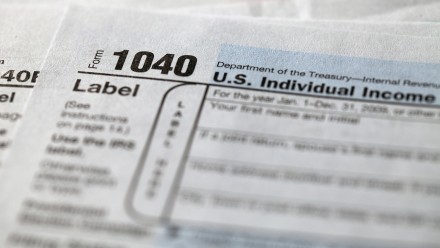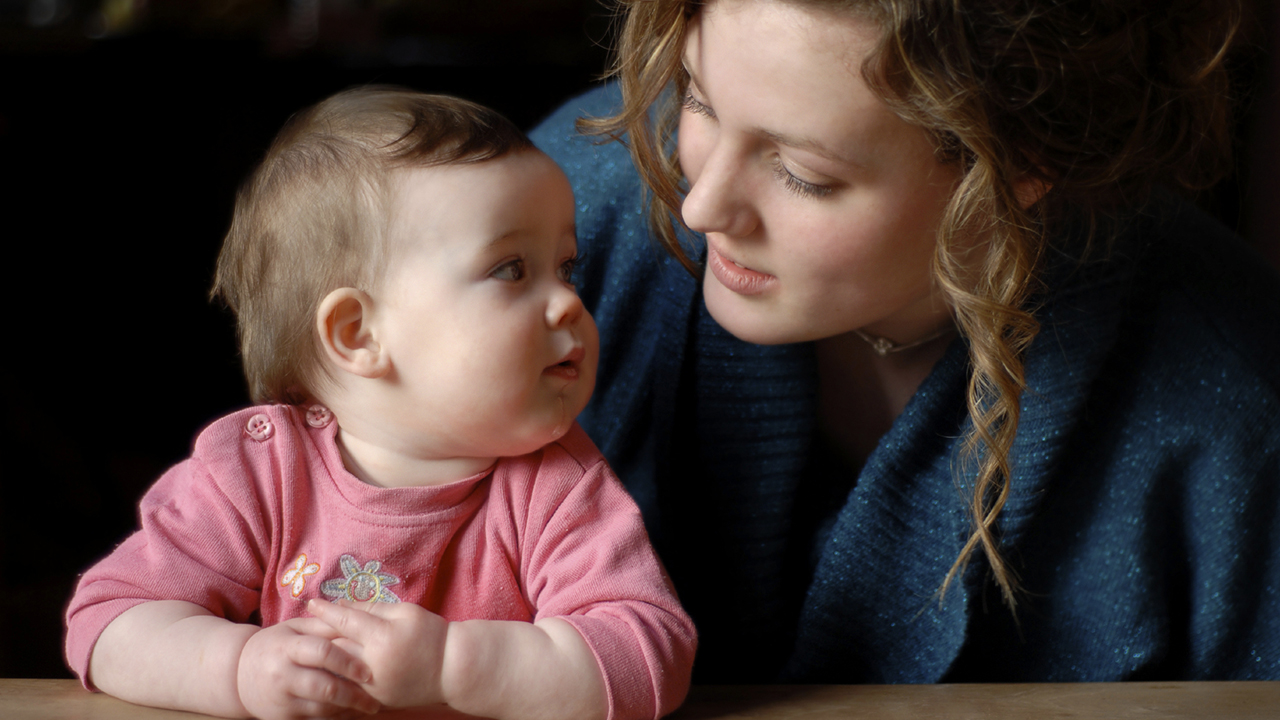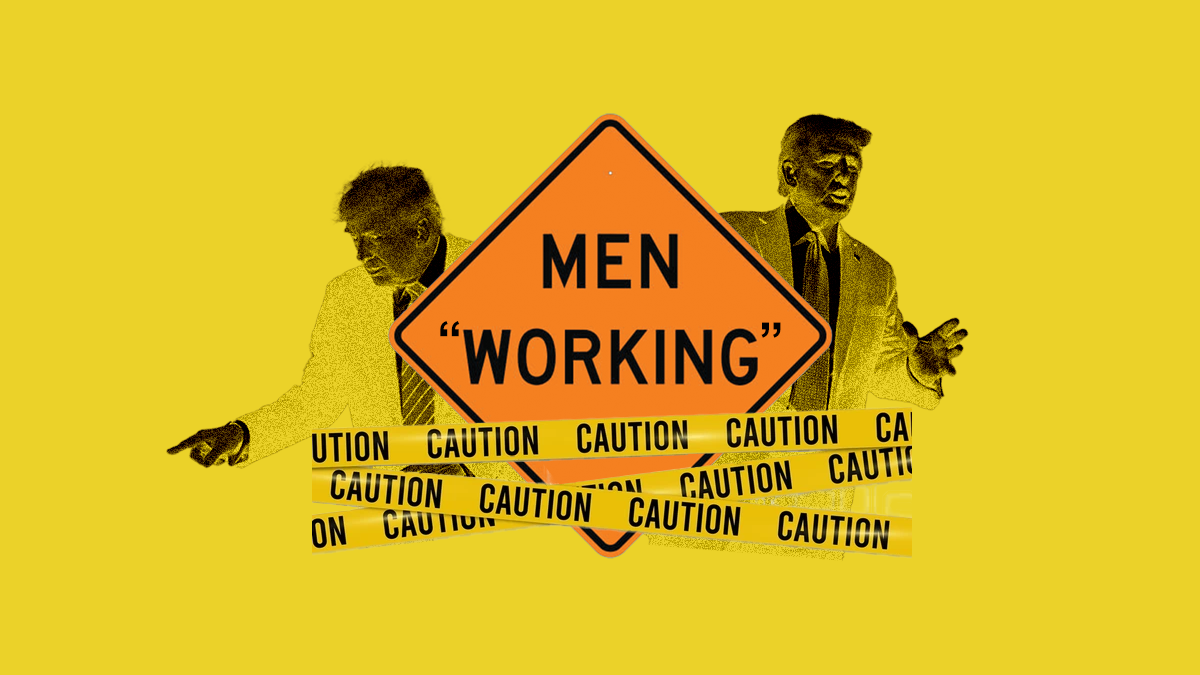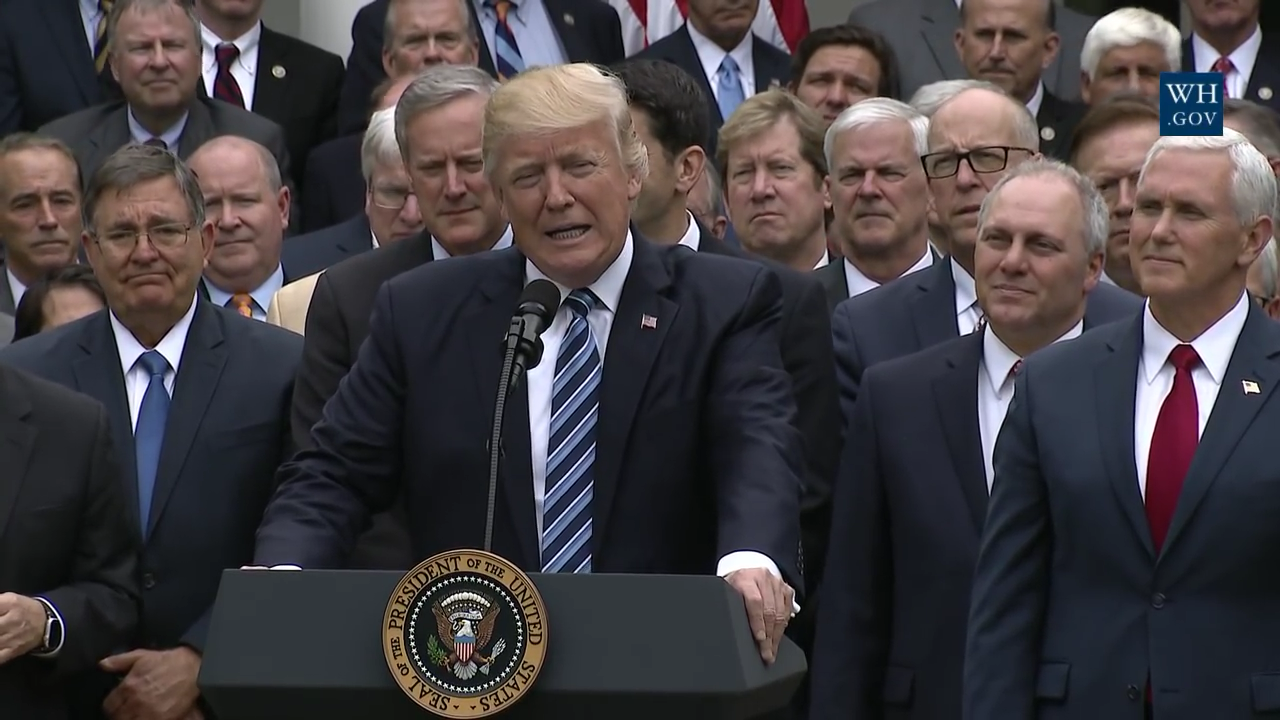Abortion rights, women of color, and LGBTQIA+ people are under attack. Pledge to join us in fighting for gender justice.
The Republican Tax Plan: What’s at Stake for Children

 Republicans in the Senate are planning to schedule a vote this week on their version of the “Tax Cuts and Jobs Act.” This bill would raise taxes for countless families in order to give new tax cuts to the wealthy few and big corporations. At the same time, the tax plan would cost approximately $1.5 trillion over ten years—resulting in cuts to vital programs that are essential to the economic security of children and families.
Republicans in the Senate are planning to schedule a vote this week on their version of the “Tax Cuts and Jobs Act.” This bill would raise taxes for countless families in order to give new tax cuts to the wealthy few and big corporations. At the same time, the tax plan would cost approximately $1.5 trillion over ten years—resulting in cuts to vital programs that are essential to the economic security of children and families.
Although Republicans claim that their tax plan will help middle-class families, a closer look at the Senate bill reveals that corporations and the wealthy are the primary beneficiaries – while many families will actually see their taxes go up. In addition, several of the tax provisions will harm children’s well-being.
- Republican leaders in Congress are attempting to gut the Affordable Care Act through the tax bill. The Senate bill would repeal the ACA’s individual responsibility provision, which would increase the number of uninsured by 13 million over 10 years, raise insurance premiums in the individual markets by 10 percent, and create chaos and uncertainty in the health marketplace. When parents lose health insurance coverage, the economic security of the whole family is placed at risk. And research suggests that eliminating this provision could jeopardize young adults’ health coverage.
- By eliminating the deduction for state and local taxes, Republicans threaten public school funding. The Senate bill would entirely repeal the deduction for state and local taxes. This would not only increase taxes for families, especially in states with higher income, sales, and property taxes, but also place increased pressure on those states to reduce state and local taxes. Because states use tax revenues to fund programs and services for their residents – including public education – this provision directly impacts public education programs and services. In some states, this will impact funding for public prekindergarten programs as well as K-12 programs.
- The Republicans claim that their proposal around the Child Tax Credit would help working families, but it simply does not do enough. The Senate bill proposes an increase in the Child Tax Credit (CTC), but would leave out the families who need the most help and instead help more higher-income families. Indeed, ten million children live in families that would receive a token benefit of $75 or less from the CTC proposal. In contrast, the Republican plan would immediately make families with six-figure incomes eligible to claim the CTC. And the CTC improvement, such as it is, would expire after 2025. In addition, the tax plan adds a new requirement – providing a Social Security Number for each child claimed for the refundable portion of the CTC – which could exclude a significant number of children in immigrant families.
- Over time, millions of families would see their taxes go up. One nonpartisan think tank estimates that under the GOP tax plan, 87 million households earning less than $200,000 would see a tax increase. This is in part because under the Republican plan, some tax benefits for families are temporary, and in part because the tax plan adjusts certain benefits for individuals for inflation more slowly than under current law, providing a lower cost of living adjustment each year on average and resulting in a “slowly growing tax increase over time.”
The tax cuts in the Republican plan will slash revenue and cost approximately $1.5 trillion over a ten-year period. This is a cost that create pressure to cut spending, and Republicans have shown us through their budget proposals that they want to cut programs that are essential to the wellbeing of children and families, including:
- The budget Congress passed calls for over $1 trillion in cuts to Medicaid. About 37 million children were enrolled in Medicaid at some point in 2016.
- Nutrition Assistance. The congressional budget calls for deep cuts to the area of the budget that funds the Supplemental Nutrition Assistance Program (SNAP). SNAP served, on average, more than 2 million people each month in Fiscal Year (FY) 2016. In 2015, SNAP provided basic food assistance to almost 20 million children.
- Child Care. With the pressure to cut spending, it is likely that funding for the Child Care and Development Block Grant (CCDBG) could also be reduced. CCDBG provides assistance to low-income families to help with their child care costs. CCDBG benefits 1.4 million children and their families. Yet due to insufficient funding, CCDBG and related programs already reach fewer than one out of six children eligible for federal child care assistance.
- Pell Grants. The congressional budget would cut Pell Grants, which help low-income students pursue a college education.
Children birth to five are uniquely vulnerable to these proposed cuts, because lack of income and supports can create toxic stress, which in turn can adversely impact children’s health and development.
This tax plan is not what children and their families need. If the Republicans really wanted to help families through the tax code, they would forego the enormously costly tax cuts for the super-rich and corporations. Instead, they would focus on improving tax credits in ways that help low-income families with children – including not only the Child Tax Credit, but also the Child and Dependent Care Tax Credit (specifically designed to help working families with their child care expenses), along with the Earned Income Tax Credit.





